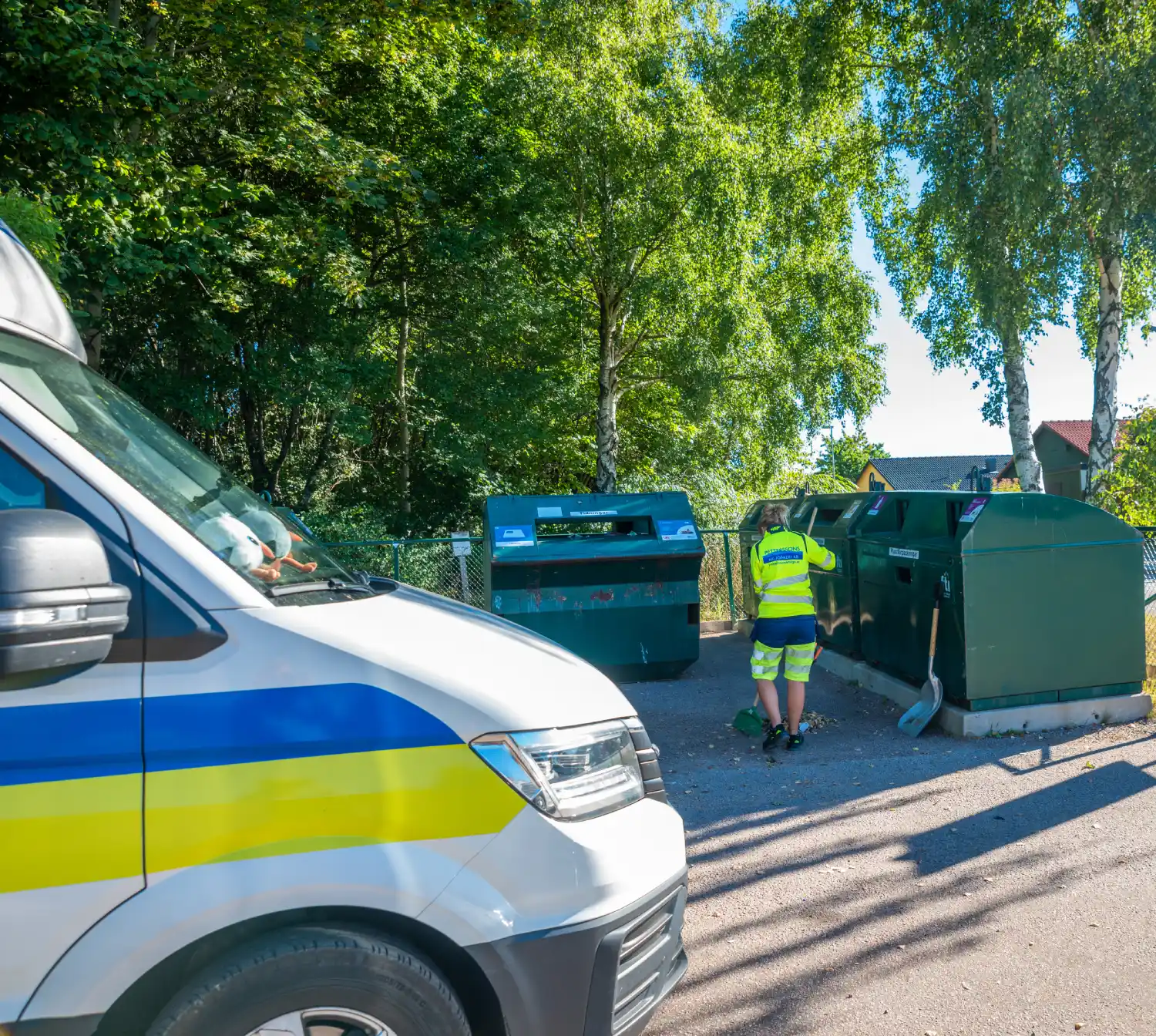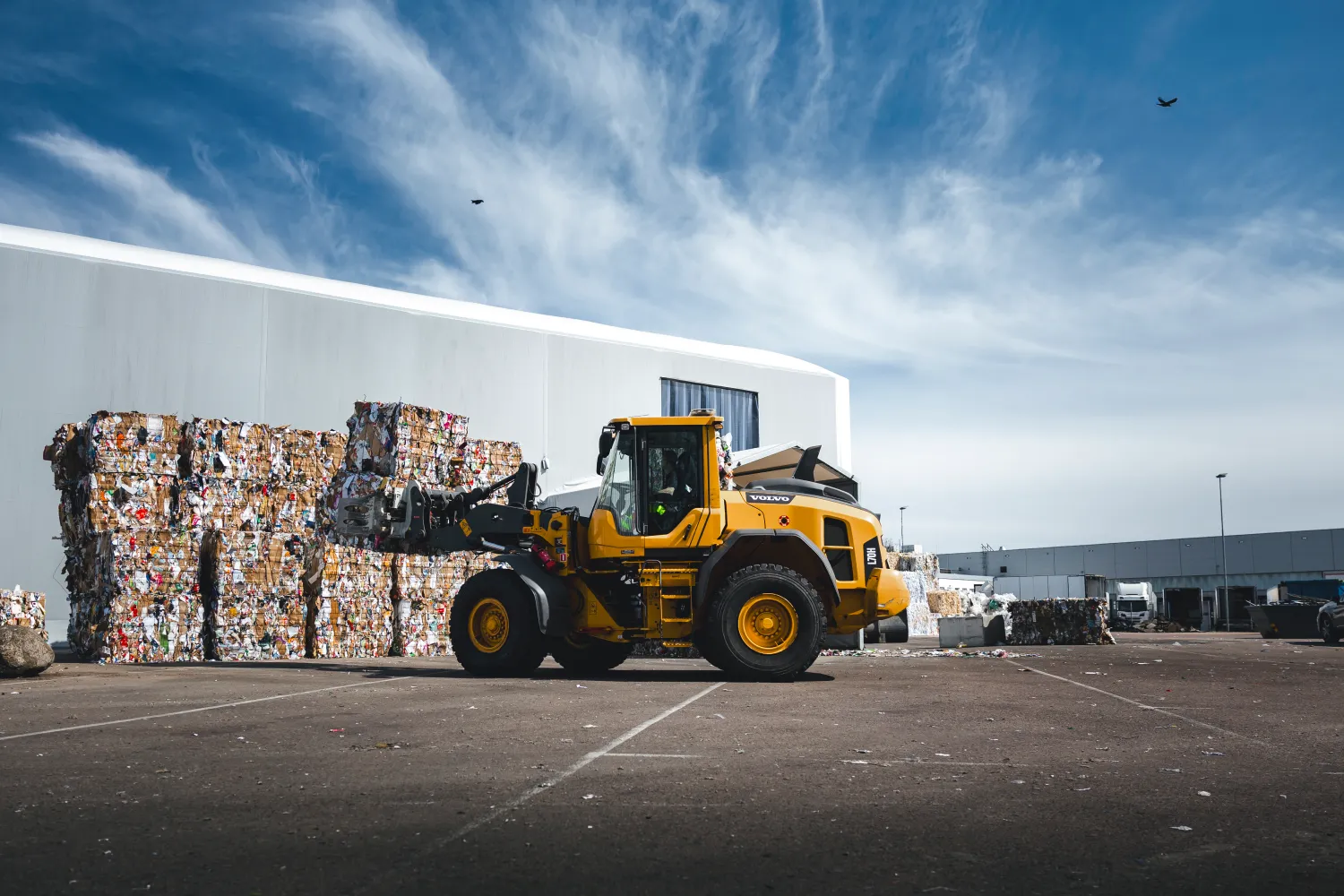Real-World Solutions for Recycling High Volumes Effectively
Real-World Solutions for Recycling High Volumes Effectively
Blog Article
Sustainability has ver quickly become a worldwide priority, and recycling represents a vital role in reducing environmental impact. Several companies are actually setting formidable sustainability goals, with effective recycling methods emerging as a vital strategy. But how exactly may organizations achieve these goals through better recycling procedures? By leveraging performance, data-driven strategies, and neighborhood involvement, Recycling (Återvinning) can drive sustainable change.
Recycling By the Numbers
Did you know that internationally, 2.01 million a great deal of waste are produced annually? Alarmingly, just about 19% of the waste is recycled. Improving that figure is a must, as landfills somewhat subscribe to greenhouse gas emissions, sales for around 14% of world wide methane emissions. Recycling not merely reduces landfill dependence but in addition preserves energy, with products like aluminum consuming 95% less power when recycled in comparison to major production.

The Role of Successful Recycling Procedures
Performance could be the backbone of effective recycling operations. Without proper waste organizing and healing techniques, the recycling cycle can lose equally substance possible and cost-effectiveness. For example, contamination in recycling bins stays a substantial concern, with costs averaging at 25% in some areas. These inefficiencies spotlight the requirement to improve operations for optimum outcomes.
Modern technologies like AI-driven spend working methods are becoming game-changers in that field. By increasing organizing reliability and control speeds, these scientific advancements reduce contamination and increase recycling yields. Moreover, implementing smarter logistics in recycling features can reduce transportation emissions and improve product recovery charges by almost 30%.
Setting and Conference Recycling Targets
Placing feasible recycling targets is a must for long-term sustainability success. Sweden, as an example, has changed into a leader in spend administration, recycling about 99% of house waste. This achievement reflects its stringent policies, considerable infrastructure, and public knowledge efforts. Places and businesses likewise may have a page from Sweden's book by adopting obvious goals and aiming them with measurable KPIs.

One effective technique is interesting towns and workers through recycling education. As an example, businesses have observed waste diversion charges improve by as much as 20% by simply providing instruction on exactly what do and can not be recycled.
A Sustainable Future Starts Today
Efficient recycling procedures are far more than simply a checkbox for sustainability goals. They are an essential software for lowering waste, saving power, and handling climate change. By adopting sophisticated systems, selling education, and tailoring recycling goals, businesses and communities can revolutionize their environmental impact. Report this page